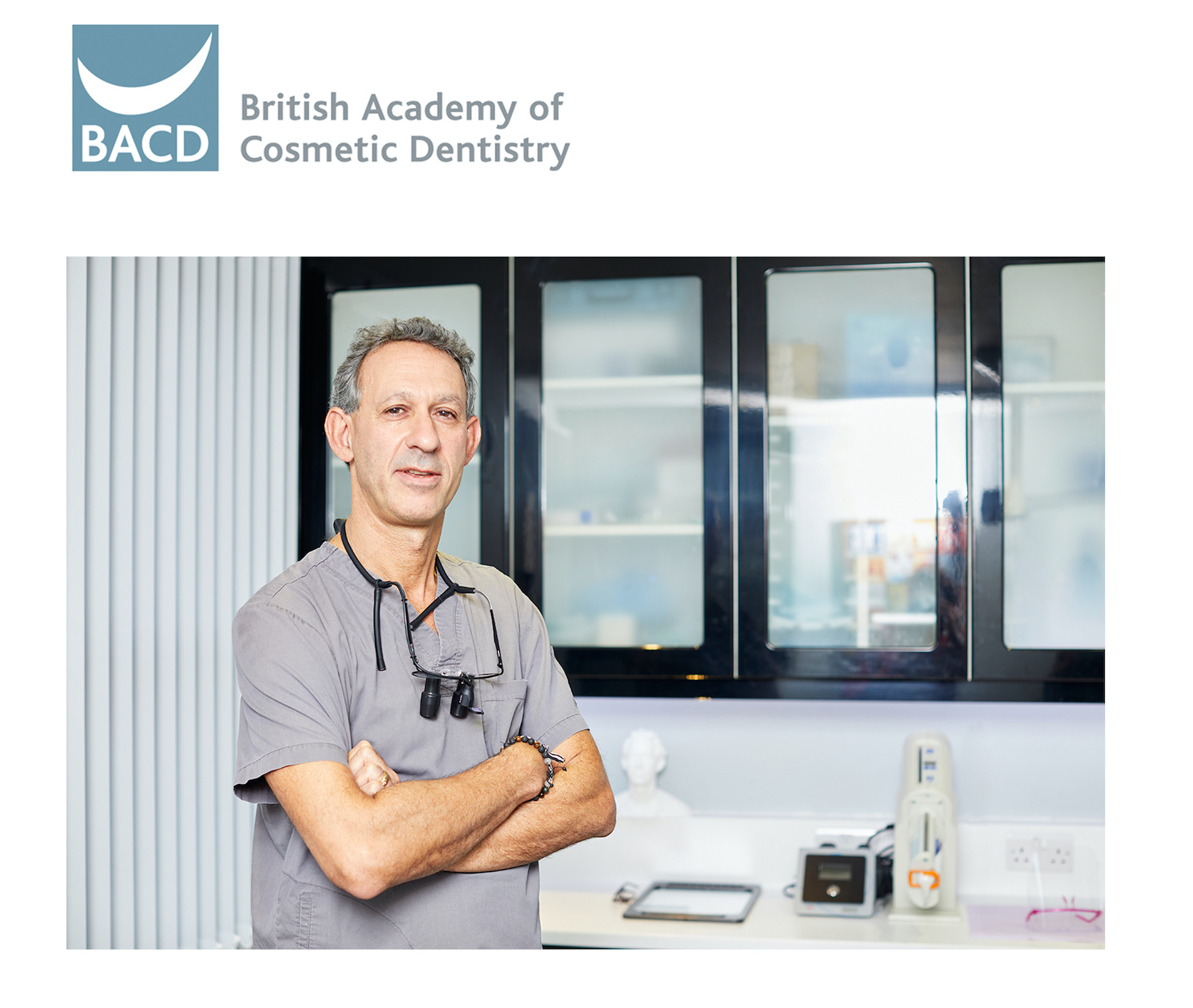All in This Together
Featured Products Promotional FeaturesPosted by: Dental Design 2nd September 2021

Given how isolated the past year has felt for many, the thought of once again being a part of a community is something to be celebrated. While just being around other people has clear psychological benefits, working with others also presents advantages.
These can be especially important for those who work in high pressured environments and contribute to the care of others. With the strain that all healthcare institutions have felt during the pandemic, including dental providers, being able to rely on others in a work setting has become more important than ever.
Motivation
Everyone will always have different levels of motivation. During a vast number of studies, psychologists have found that there are two different types of motivation: extrinsic and intrinsic. Extrinsic is when there are external factors with obvious rewards that will encourage motivation. For example, students studying in order to get good grades and giving someone a compliment with the intention to be given one in return. Whereas intrinsic is when people are motivated to do something without wanting any external rewards. For instance, someone pursuing a hobby or interest because they enjoy the experience.[i] [ii]
In a work environment, both types of motivation are expected to occur in order to drive individuals to do their best for themselves and to gain the external rewards they seek. For example, dental professionals are likely to be encouraged to do well to gain a respectful and certified reputation among staff and patients, as well as obtain praise for their work.[iii]
A Better You
When it comes to someone’s mental wellbeing, the clear link between loneliness / lack of social interaction and low mental health has become common knowledge. While this can affect several areas of an individual’s life, it could make a big difference to how well someone performs in their job. For dental practitioners who have a responsibility to their patients, they are less likely to be able to provide them with the high standards of care that are expected if they’re struggling mentally themselves.
Along with the obvious implications, such as increased levels of stress and depression,[iv] new studies have highlighted the possible physical consequences that seclusion can have. For instance, isolation and loneliness have been linked to conditions such as systemic inflammation, autonomic dysfunction, neuroendocrine dysregulation, chronically increased allostatic load, strokes and coronary heart disease.[v] Although lack of social interaction will affect everyone differently, these studies provide evidence that if someone were to consistently work alone with minimal social interaction, then over time, both their mental and physical health can be expected to decline.[vi] This could be particularly detrimental to dental practitioners as if they are struggling, a consequence may be their patients receiving a poorer quality of patient care.

CC9W5W Group of dentists holding medical instruments at the hospital
Stronger Together
One of the biggest known factors in struggling with poor mental health is stress. It has been recognised that being part of a team and having a support system in place can make all the difference. In a study that measured how people manage different levels of stress, psychologists found that those with good support systems were not as affected by the increased stress levels compared to those with little to no support system.[vii]
This can be especially important for those who work in stressful environments, such as dental practices. This is vital to remember when thinking about how much pressure can contribute to an individual’s work performance. For example, it’s known that when someone is stressed, they are more likely to have poor time management and lack of focus, two factors that can easily affect a clinician’s competence and confidence in the dental surgery.[viii]
As such, it’s important that all practice team members are able to seek support and advice when they feel they need to. A good example of this is through organisations such as the British Academy of Cosmetic Dentistry (BACD). Created to bring together a community with a shared passion and excitement for what they do, the BACD is inclusive and gives all members the opportunity to network and never stop learning. For those who are looking for more support from likeminded professionals, the BACD is a great community to turn to.
When it comes to maintaining mental and physical health, being able to reach out to colleagues and feeling like part of a community could provide all the support needed. Not only will this improve the individual’s wellbeing, but ultimately, it will optimise the quality of patient care delivered as well.
For further enquiries about the British Academy of Cosmetic Dentistry, visit www.bacd.com
[i] CLIFTON B. PARKER. (2014). Stanford research shows that working together boosts motivation. Stanford University homepage News Service. 10 (16), 1-3.
[ii] F Roche. (2016). Human Factors and Non-Technical Skills: Teamwork. Journal of Perioperative Practice. 10 (11), 1-6.
[iii] Mind Tools. (2021). Motivation Energizing Your People to Achieve Good Things. Available: https://www.mindtools.com/pages/article/motivating-your-team.htm. Last accessed 21st May 2021.
[iv] Mind. (2021). Loneliness. Available: https://www.mind.org.uk/information-support/tips-for-everyday-living/loneliness/about-loneliness/. Last accessed 25th May 2021.
[v] E. J. Keir, Philip, Michael I. Polkey, Nicholas. S. Hopkinson, Andrew Steptoe & Daisy Fancourt. (2020). Social isolation, loneliness and physical performance in older-adults: fixed effects analyses of a cohort study. Scientific Reports. 10 (13), 1-20.
[vi] Jingyi Wang, Brynmor Lloyd-Evans, Domenico Giacco, Rebecca Forsyth, Cynthia Nebo, Farhana Mann & Sonia Johnson. (2017). Social isolation in mental health: a conceptual and methodological review. Social Psychiatry and Psychiatric Epidemiology. 52 (14), 1-17.
[vii] Treatment & Care. (2017). The Importance of Social Support. Available: https://phctheproject.org/the-importance-of-social-support/. Last accessed 21st May 2021.
[viii] Mental Health First Aid . (2020). The Importance of Having a Support System. Available: https://www.mentalhealthfirstaid.org/2020/08/the-importance-of-having-a-support-system/. Last accessed 25th May 2021.









